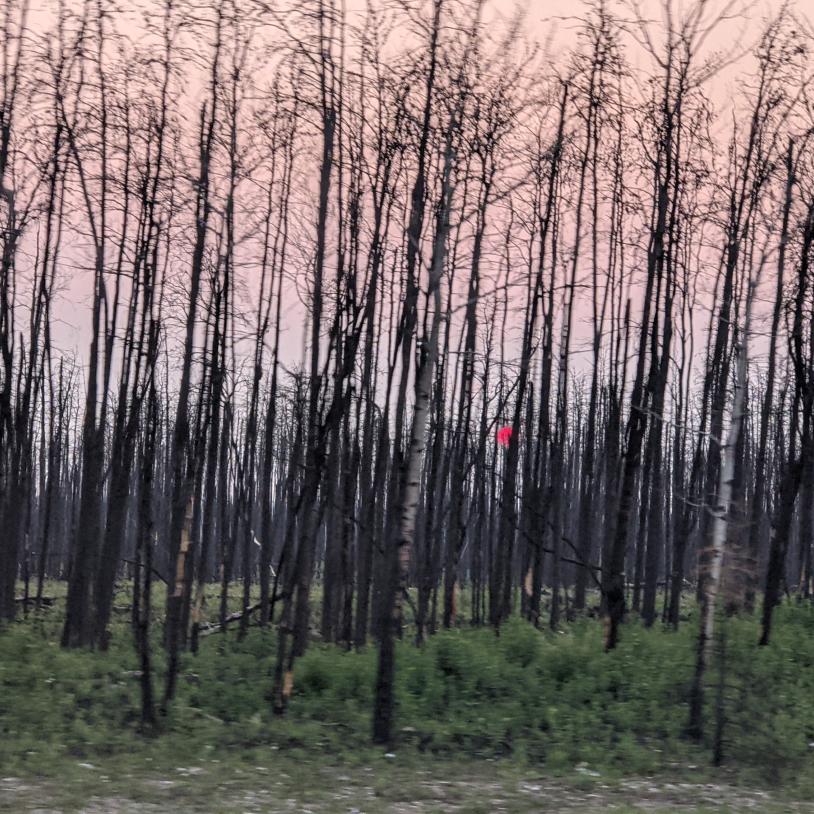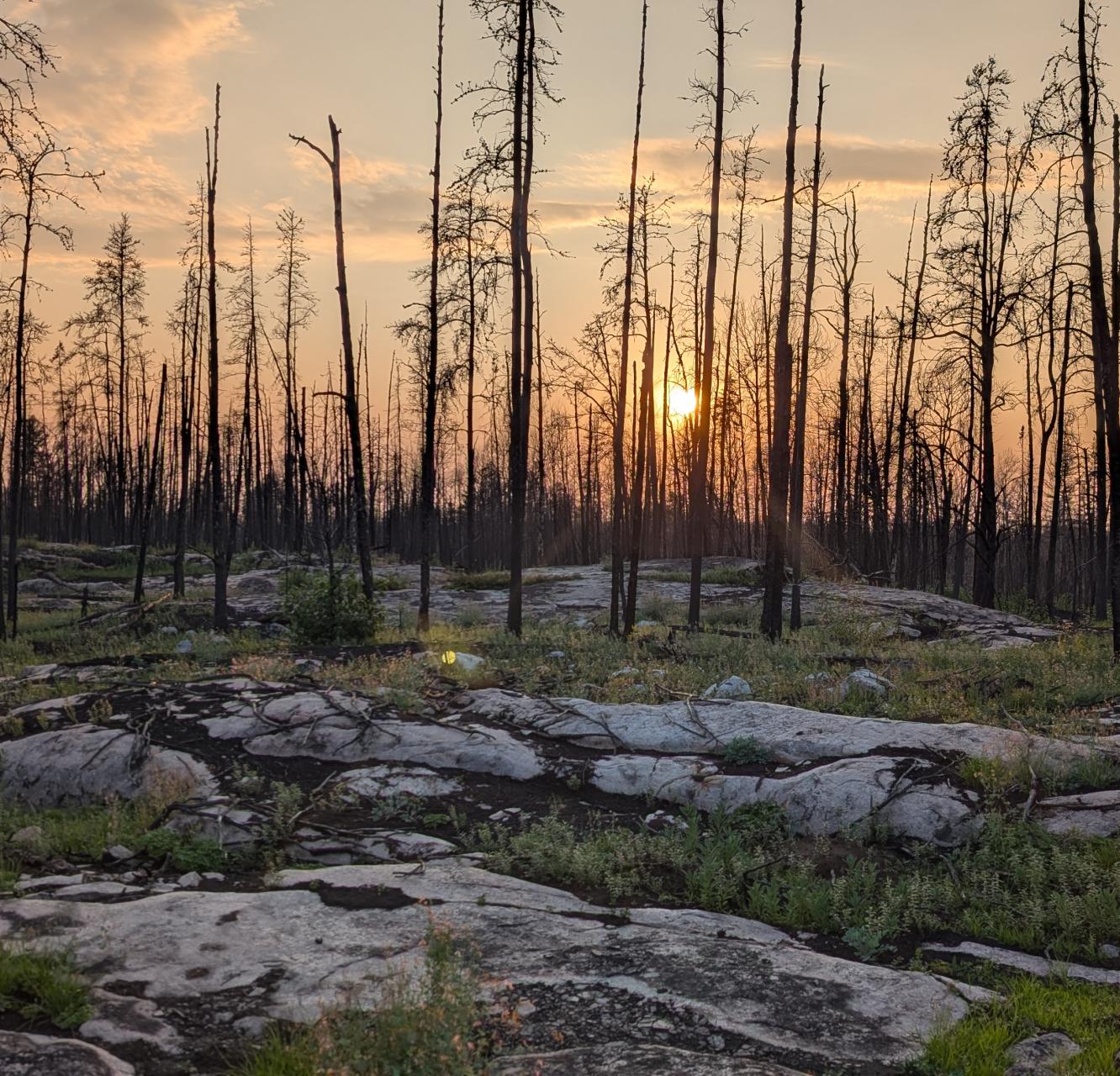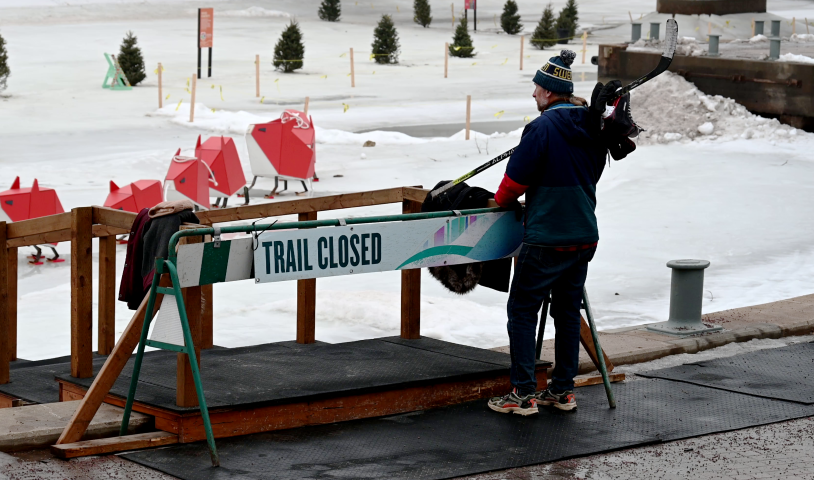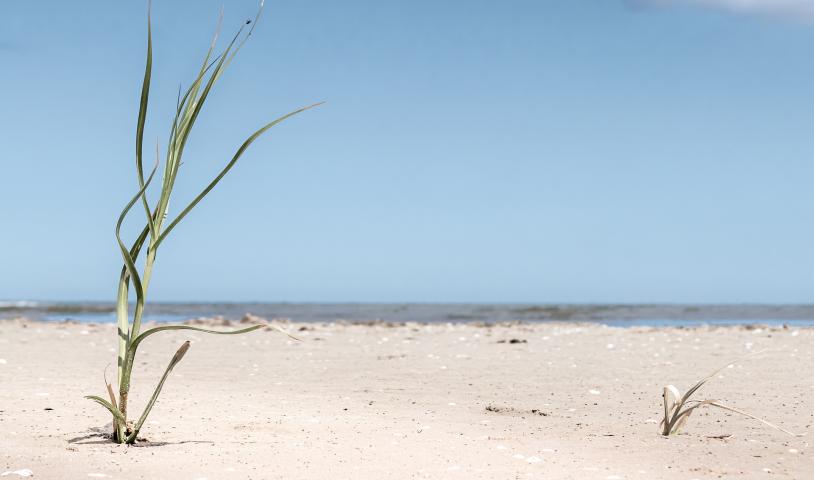Firm gets licence for sand quarry near Hollow Water FN
Monday, August 12, 2019
Photo by Eric Reder (WC files)
A mining venture that wants to extract fracking-quality sand from eastern Manitoba has not only received environmental approval, but has agreed to help offset some public costs for highway upgrades.
Canadian Premium Sand (CPS) has been granted an environmental licence from the province subject to 96 terms and conditions. One condition is that no more than four trucks per hour can haul sand from the facility. The company plans to run a 24-hour operation.
CPS also received a conditional-use licence from the Incorporated Community of Seymourville to access land for sand extraction.
"Both of those things are pretty critical benchmarks for us to obtain," said Bronwyn Weaver, CPS communications and community liaison officer.
The next stage for the project, called the Wanipigow Sand Project, is raising funds for construction. Weaver does not anticipate that being a problem. "We’re very encouraged that this will be put together fairly quickly," she said.
The company is proposing a $150-million operation to extract and process high-quality sand from near Hollow Water First Nation, about 200 kilometres northeast of Winnipeg. The operation would create 100 jobs at the site and an additional 50 jobs in trucking.
The region has high-quality sand, found about 0.6 metres below the surface, that can be used in oil and gas recovery (fracking), but also in making glass, ceramics, solar panels, silica metals and water filtration systems.
Leaders in Hollow Water and Métis communities Seymourville and Manigotagan have given their approval.
Hollow Water Chief Larry Barker said in a news release that CPS began consulting with elders a year in advance of the environmental decision. The project "will create jobs and help provide a better future for our community," he said.
Eric Reder of the Wilderness Committee said the environmental approval was a foregone conclusion. The company had already begun preparing the quarry site a month ago, he said.
Reder maintained the province’s environmental licensing process, written in 1988, is antiquated. "The Manitoba Law Reform Commission said in 2015 it needs revision. It’s full of holes," he said.
One of the wilderness committee’s concerns is the fine dust from the excavation site. The dust from the sand can cause respiratory problems. The company says it is taking steps to mitigate any health issues.
While the province granted CPS environmental approval, it wasn’t pleased with the company’s traffic study, which it termed "insufficient." It said CPS must do more study, "given the projected increases in truck traffic and potential impacts to the provincial highway network."
CPS plans to haul sand by truck via Highway 304 from Seymourville to Highway 59, and then to a rail terminal in Winnipeg.
Weaver said CPS is in talks with Manitoba Infrastructure about the highways. The company has informed the province it’s willing to ante up to assist government in road upgrades like shoulder and pavement improvement and removing potentially dangerous curves on Highway 304, she said.
Private industry funding for highways is unusual, but "it has been done in the past," she said.
"We will likely be contributing in some form or fashion," and that will be financial, Weaver said. But she said CPS is not the only industry using those highways. "We all need to be part of the solution as these roads get more traffic on them," she said.
Weaver could not provide more details. The province would only say it is in talks for "potential mitigation measures to ensure safety and offset any impacts on the provincial highway network."
Lonny Karlenzig, a Manigotagan-area man who has been leading local opposition to the project, called the environmental licensing "very disappointing."
"The peace and quiet we once had, the boreal forest everyone was trying to protect, will be slowly destroyed," he said.
CPS would quarry five hectares per year. While one site is being quarried, the next five-hectare site will be prepared for quarrying while the previous quarried site will be restored with removed overburden and reforestation.
Cottagers have also voiced concerns about the increased traffic. However, cottages have also accounted for increased traffic, with an estimated 300 cottages built in the Hollow Water area — Blueberry Point, Driftwood Beach, Ayers Cove, and Pelican Inlet — in the past 25.
Another concern is that Highway 59 at the Highway 304 junction is two lanes for about a dozen kilometres heading south before it becomes a four-lane highway. People are concerned there will be safety issues with drivers trying to pass large sand-hauling trucks.
Weaver said Manitoba’s location gives it a competitive advantage with the oil and gas industry. "Most markets in Canada receive their Tier 1 silica sand from Wisconsin, so we are closer to the market," she said.





